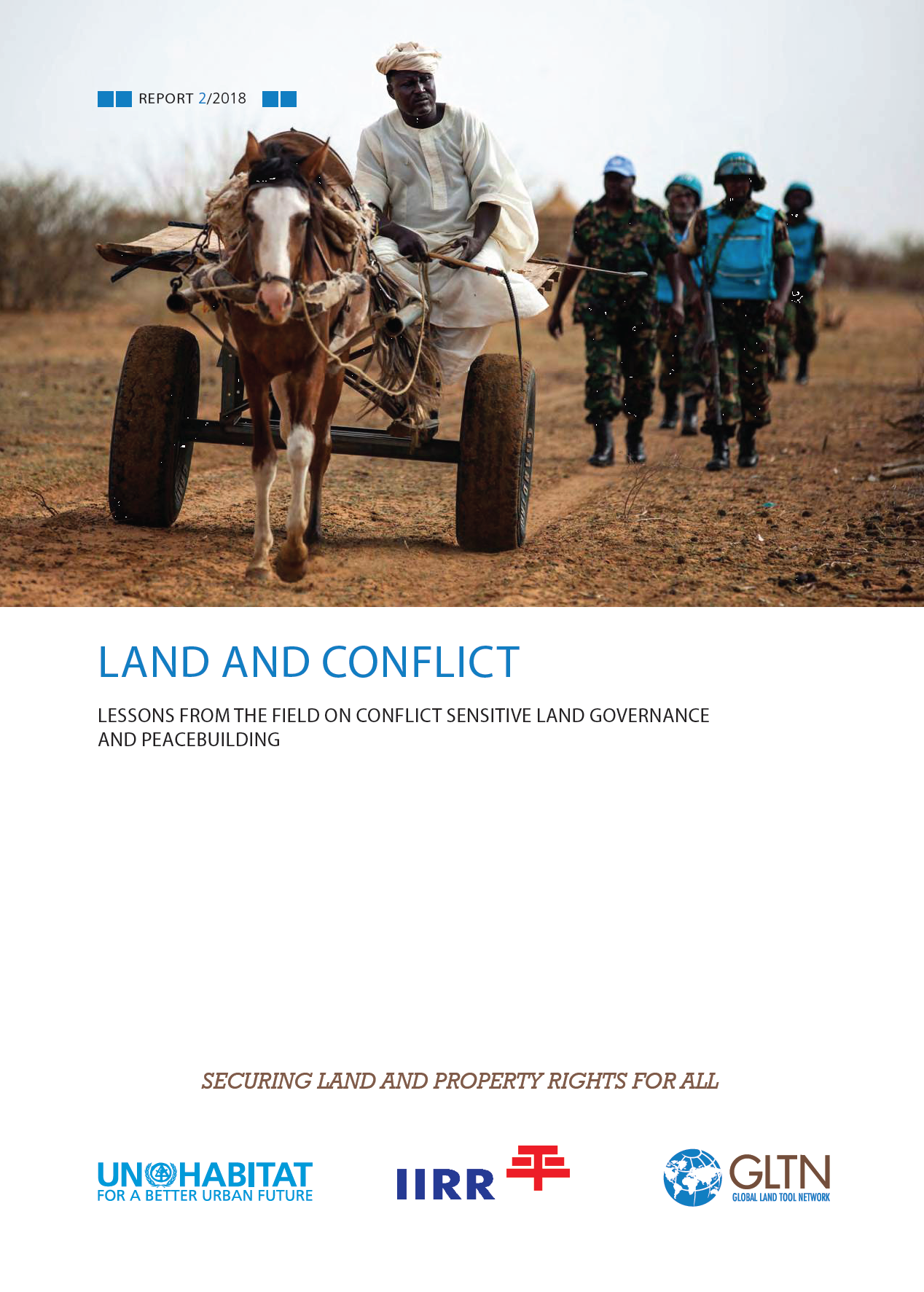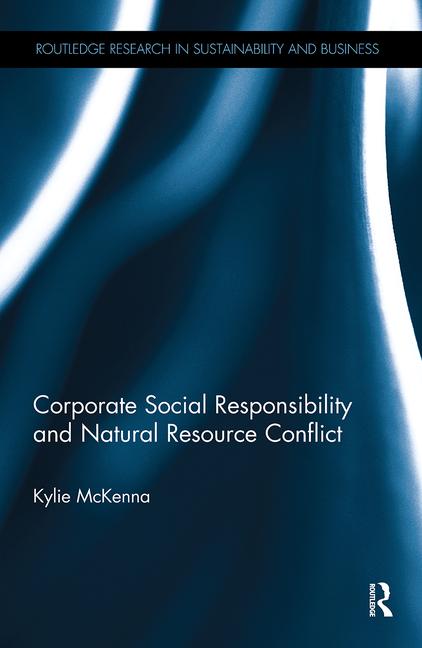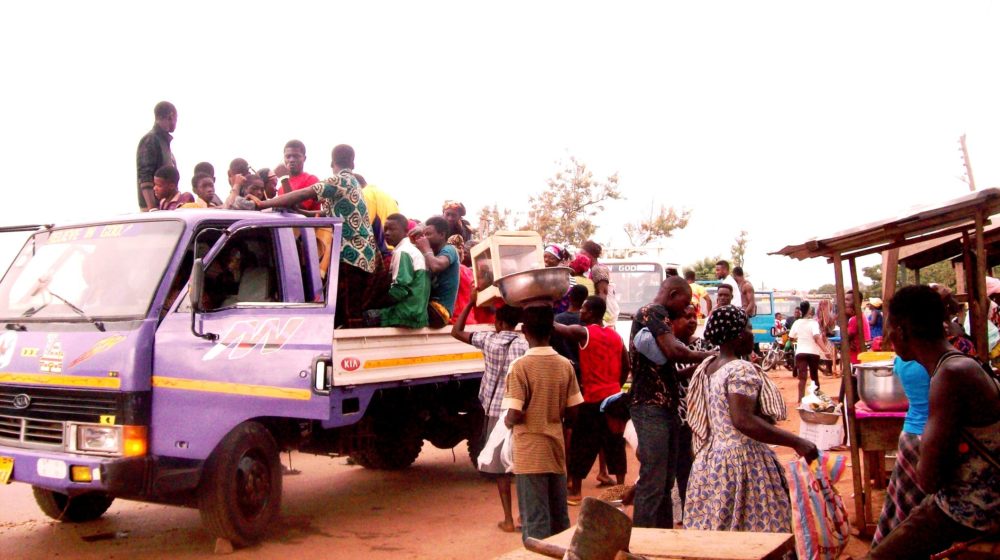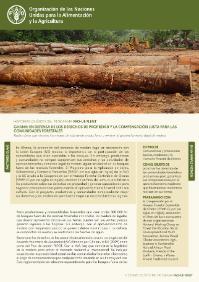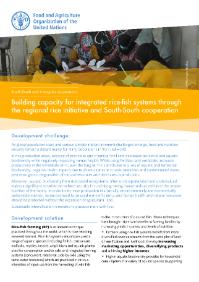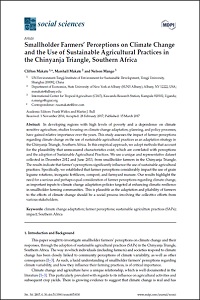Land and Conflict
Land is often a critical aspect of conflict: it may be a root cause or trigger conflicts or may become an issue as the conflict progresses. Conflicts lead to forced evictions; the people who are displaced by conflict need somewhere to live and some land to farm or to graze their animals, often leading to further disputes over the use of land and other resources.

